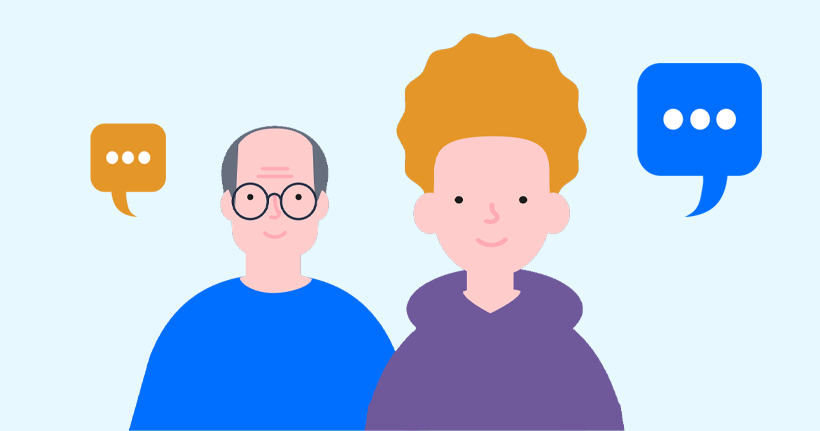Internet Matters is today publishing a report, So standard it’s not noteworthy: Teenage girls’ experiences of harm online, which reveals both the negative and some positive aspects of girls’ online experiences, and which warns that some girls and parents are often normalising inappropriate online comments, messages, and images from males.
The report highlights the dilemma faced by many girls – while they are drawn to the benefits of the online world, they’re also confronted with its downsides such as unwanted comments or male attention. Research by Internet Matters published earlier this year in its Children’s Wellbeing in a Digital World Index 2024 found that almost half (48%) of 15–16-year-old girls have been contacted by a stranger, a significant increase from 3 in 10 in the previous year.
The report says some parents have come to accept men harassing girls online as ‘standard’ – something that is particularly troubling given parents are often children’s main source of support around online safety issues.
The report is based on in-depth interviews with girls and parents, alongside data drawn from Internet Matters’ annual Digital Wellbeing Index. Its key findings include:
Spending time online is important to girls
- 57% of girls aged 13-16 report that they feel mostly happy when spending time online, especially when connecting with friends and being creative.
- Girls see the online world as vital for social connection, allowing them to stay in touch with friends through various social media apps and helping them to form new connections with like-minded people and communities so they feel less alone and more part of a community.
- Girls find social media encourages creativity, from creating videos to sharing and viewing educational content. Many parents are impressed by their daughters’ use of social media platforms to create and share content with others.
Many experience harm online
The positive feelings girls experience online are often constrained by the fact that many experience harm online, such as harassment and exposure to undesirable and harmful content and contact. This is borne out by the fact 77% of girls aged 13-16 report online experiences that are harmful (or potentially harmful) – significantly more than all children (66%). There is a widely prevalent belief amongst girls that experiencing harms such as these is an intrinsic component of the digital space.
Some parents also display a lack of concern towards the online harms and harassment their daughters’ encounter.
Girls recall receiving messages from men
Girls recall receiving messages online from men who they considered ‘weird’ or ‘creepy’. Some girls mention being sent ‘dick pics’ on social media and messaging apps. This is so common that one parent said that their daughter receiving inappropriate messages from men is ‘so standard it’s not noteworthy’.
Internet Matters’ 2024 Digital Wellbeing Index reported earlier this year an increase in the percentage of girls aged 13-16 who said a stranger attempted to contact or send them messages (rising from 31% in 2022 to 38% in 2023).
“They’ve all had dick pics sent to them […] It’s so standard it’s not noteworthy and they just block it and move on. It’s so standard she [my daughter] didn’t tell me, it has become a completely standard thing to happen to a teenager and I don’t think it has had a deleterious effect on her. You don’t feel singled out if it happens to you because it happens to everybody.” – Mum of a girl (15) and boy (12).
Girls see and receive hateful comments
Girls discuss receiving and observing hateful comments on social media platforms. These comments target girls’ appearances, such as their clothes, weight, or bodies. Girls note that these comments are exclusively made by males, contrary to the narrative that girls often target other girls.
“Sometimes they comment on my personal appearance, those are the ones which tend to affect me the most. We get comments about or physical features, our face, calling us ugly or about our bodies. In my friendship group some of us are skinny and have one friend who is overweight, they comment on her and single her out.” – Girl, 16
Instances of online bullying
Some girls and parents report instances of online bullying on a wide variety of platforms, including social media and messaging apps which was said to impact anxiety and reactions to real world situations.
Content that makes them feel sad
Girls mention seeing content that makes them feel sad online, and they are aware that when they view or interact with these types of content they are then shown more similar content. Parents are also aware of this issue.
Seeing harmful content online
Boys and girls see harmful content online including self-harm images and child sexual abuse material. Children typically tell their parents in cases where they’ve seen this type of material.
“There were a few students who were circulating indecent images [of children], this got instantly reported and the police were involved.” – Mum of a girl (14) and boy (16).







